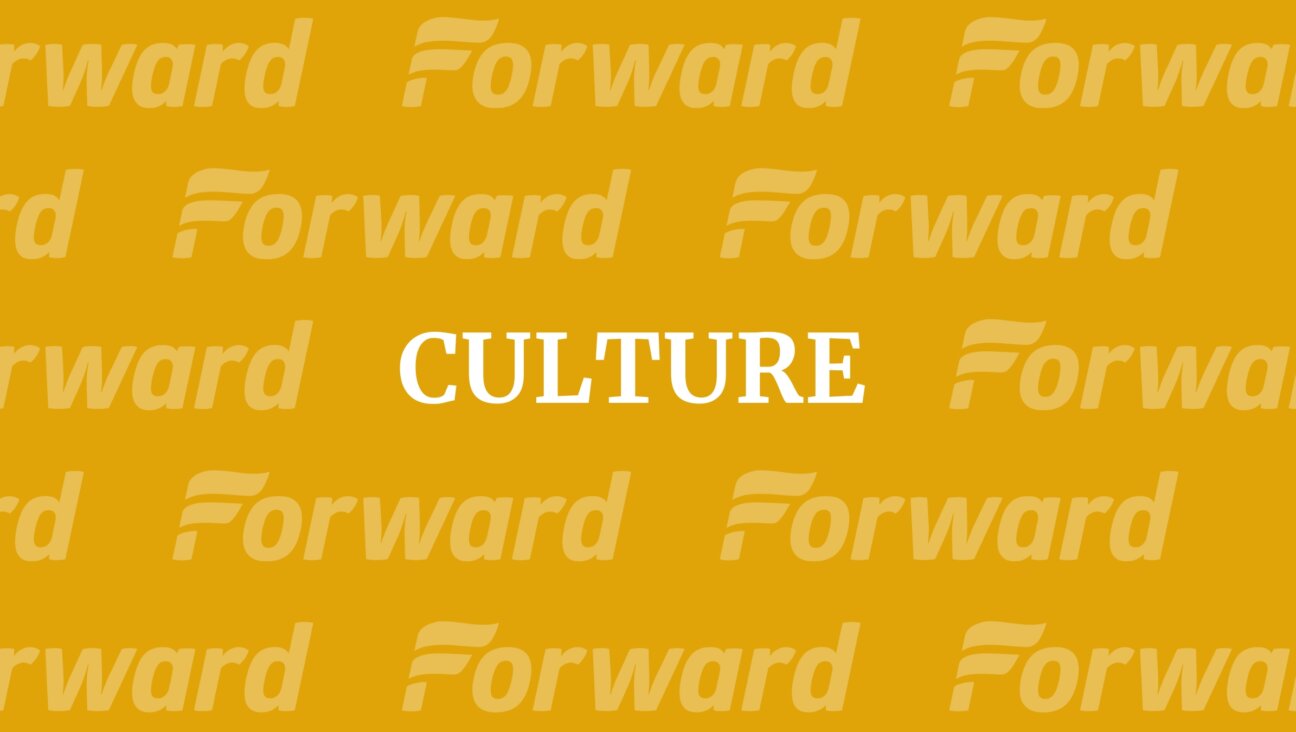This Exciting Exhibition Will Have You Hearing Sculptures
Susan Sontag, in her essay “The Aesthetics of Silence,” wrote that “As long as a human eye is looking there is always something to see. To look at something that’s “empty” is still to be looking, still to be seeing something — if only the ghosts of one’s own expectations.” We might extend Sontag’s assertion…


















